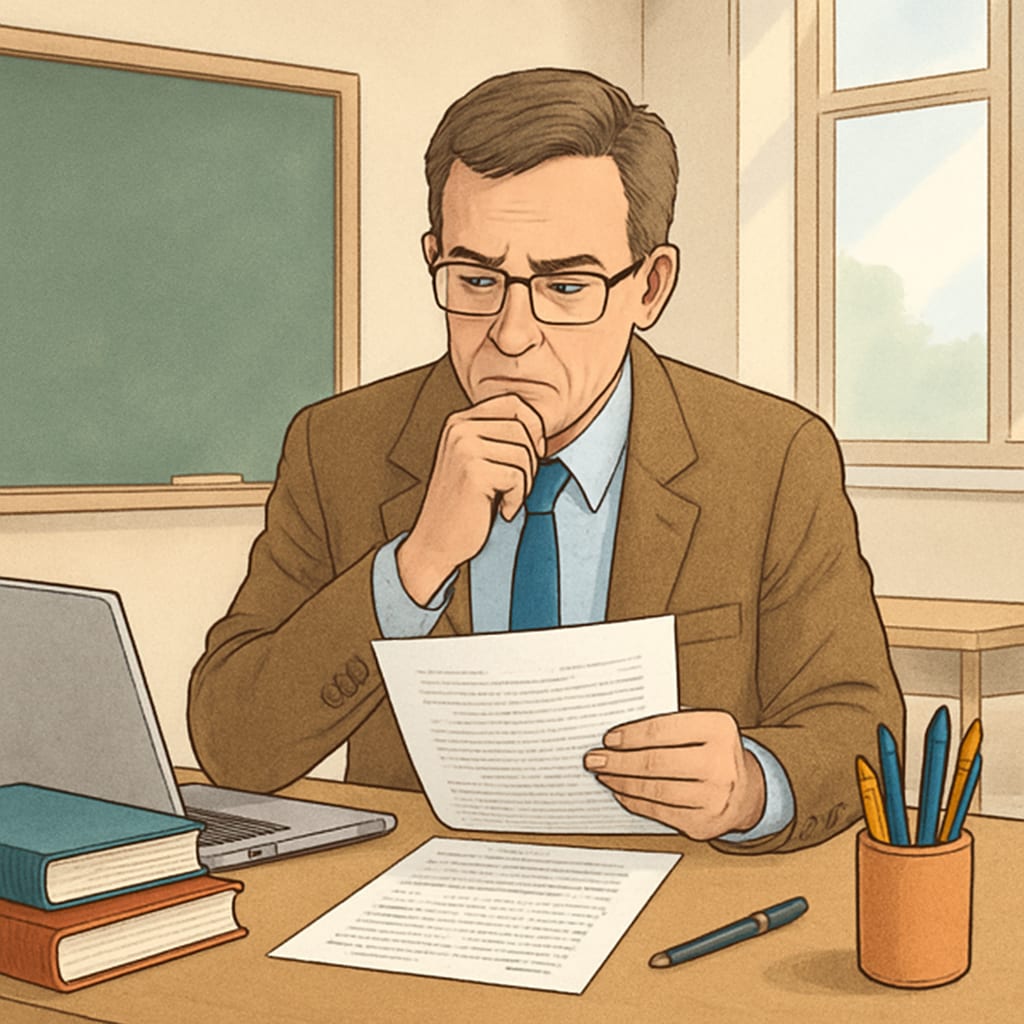False accusations of plagiarism by professors can be a deeply distressing experience for students. When students are wrongly accused of academic dishonesty, it not only jeopardizes their academic standing but also has long-lasting impacts on their mental health. This article examines the reasons behind such accusations, the psychological toll on students, and how educational institutions can foster a culture of trust and understanding within the academic integrity framework.

Understanding the Causes of False Plagiarism Accusations
False plagiarism accusations often stem from a mix of systemic and individual factors. Professors, tasked with upholding academic standards, may sometimes misinterpret originality, especially when assessing nuanced or unconventional student work. Several factors contribute to these misunderstandings:
- Implicit Bias: Professors may unintentionally judge students based on preconceived notions, such as their academic history, language proficiency, or cultural background.
- Time Constraints: Overworked educators may lack the time to thoroughly investigate potential cases of plagiarism, leading to hasty conclusions.
- Over-Reliance on Plagiarism Detection Tools: Software like Turnitin is widely used but not foolproof. These tools often flag common phrases or improperly cited content as plagiarism, even when it’s not deliberate.
In addition, the evolving nature of knowledge and the accessibility of online resources have blurred the lines between inspiration and plagiarism. This complexity can sometimes lead professors to err on the side of caution, resulting in unjust accusations.
The Emotional and Psychological Impact on Students
Being falsely accused of plagiarism can have a profound effect on a student’s emotional well-being. The experience often triggers feelings of shame, frustration, and betrayal, especially when the student has worked diligently on their assignments. Common consequences include:
- Loss of Confidence: Students may begin to doubt their abilities and hesitate to express their ideas creatively.
- Anxiety and Stress: The fear of future accusations can lead to heightened academic pressure and mental health struggles.
- Damaged Relationships: Trust between students and professors can erode, negatively impacting the classroom dynamic and learning experience.
For younger students in K12 education, these incidents are particularly damaging as they occur during formative years when self-esteem and identity are still developing.

Building a Trust-Based Academic Integrity System
Preventing false plagiarism accusations requires a holistic approach that emphasizes trust, transparency, and education. Educational institutions can adopt several strategies to address this issue:
- Comprehensive Training: Equip professors with training on recognizing originality and understanding the limitations of plagiarism detection tools.
- Clear Communication: Establish clear guidelines on what constitutes plagiarism, ensuring both students and educators are aligned.
- Thorough Investigation: Before making accusations, professors should engage in open dialogue with students to understand the context of their work.
- Promote Academic Integrity: Foster a culture where academic honesty is valued and celebrated, rather than solely enforced.
Additionally, peer collaboration and mentorship can help students learn proper citation techniques and avoid unintentional plagiarism. Educators should aim to create an environment where students feel supported in their academic journey rather than judged for missteps.
For further reading, refer to resources on plagiarism on Wikipedia or the plagiarism article on Britannica.
Conclusion: Moving Towards a Just Academic Environment
False plagiarism accusations serve as a stark reminder that the pursuit of academic integrity must be balanced with fairness and empathy. By addressing the root causes of such allegations and prioritizing trust-based systems, educators can build a more supportive academic environment. This shift not only protects students from unnecessary harm but also upholds the true spirit of education—fostering curiosity, creativity, and growth.
Ultimately, the responsibility lies with both professors and institutions to ensure that accusations of plagiarism are handled with care, precision, and a commitment to justice.


